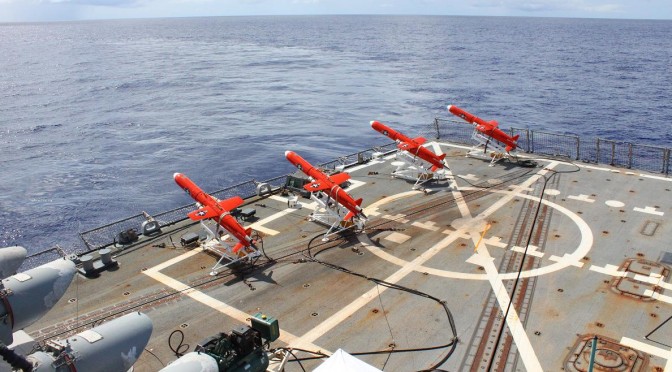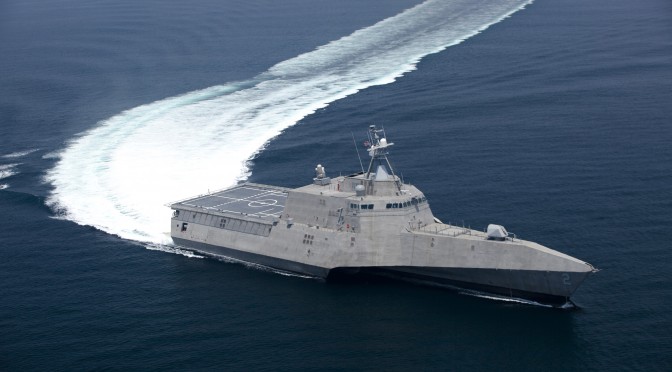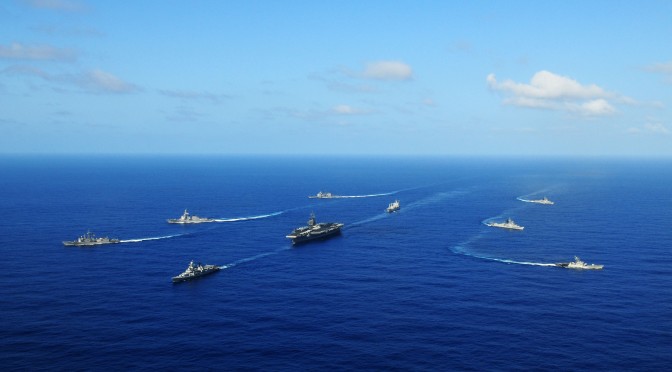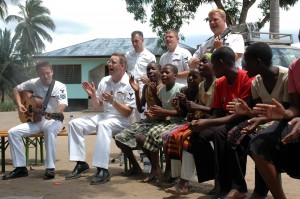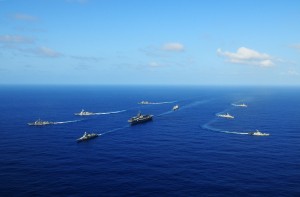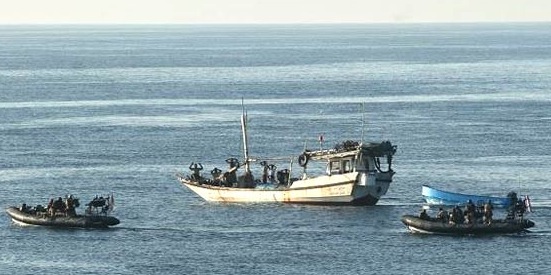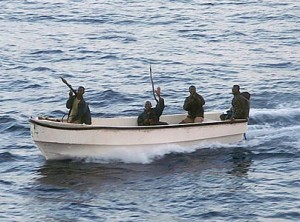International Maritime Satire Week Warning: The following is a piece of fiction intended to elicit insight through the use of satire and written by those who do not make a living being funny – so it’s not serious and very well might not be funny. See the rest of our IntMarSatWeek offerings here.
Drones have become a popular subject of discussion. And, like the previous spread of the non-technical term “tank,” usage of the term “drone” to describe unmanned aerial/surface/undersea vehicles is nowadays ubiquitous. Yet each nation confronts the technology with its own language inflections. Therefore we present the first International Guide to Drone Vocabulary.
Drone – (English) – an unmanned aircraft or ship guided by remote control. According to the Merriam-Webster dictionary the first known usage was before the 12th century when they participated in the Crusades, or as known in Middle English, “Ye Olde Warre On Terrore”
Dronin – (Japanese) – A drone that loses communication with its master. Programmed to automatically search for a new master, preferably a stronger one like a cruiser, for example.
Dronone – (Italian, augmentative) – A big drone, equivalent to an American UCAV or UCLASS. Somehow the letter “C” makes a drone bigger even if a foreigner would expect the letter “B” to achieve such effect. Hint for visitors to Poland – UBAV pronounced in Polish means “fun.” Hint for visitors to France – don’t mistake Dronone with Danone.
Dronino – (Italian, diminutive) – A small drone. Used to familiarize kids with this new technology.
Dronik – (Polish, diminutive) – Same as Dronino. A baby drone.
Dronisko – (Polish) – A big friendly drone. Lacking an effective national air defense network, Poland took an alternative approach by switching from defensive drones to those facilitating accommodation. If you can’t beat an enemy, make it a friend.
Dronislav Droninovich Dronski – (Russian) – Name of a famous Russian drone designer from the 20th century. In recognition of his achievements, the Russian Navy named its latest unmanned SSBN after him. For those concerned with the ethical and legal aspects of unmanned technology, the question what to do with a genie freed from a bottle remains.
Dronenwehr – (German) – Operational concept advancing drones in anti-ballistic missile defense.
Dronentag – (German) – The Day of Drones, a sci-fi thriller about an apocalyptic future in which drones take control over humans.
Dromazon – (Int’l) – Amazon delivery service replacing Prime and marketed with slogan “Faster than Internet”
The above list is far from complete, and readers are welcome to extend it in the comments section below. Its sole purpose is to acquaint the broader public with unmanned technology and make it friendlier 🙂
Przemek Krajewski alias Viribus Unitis is a blogger In Poland. His area of interest is the context, purpose, and structure of navies – and promoting discussion on these subjects in his country.

